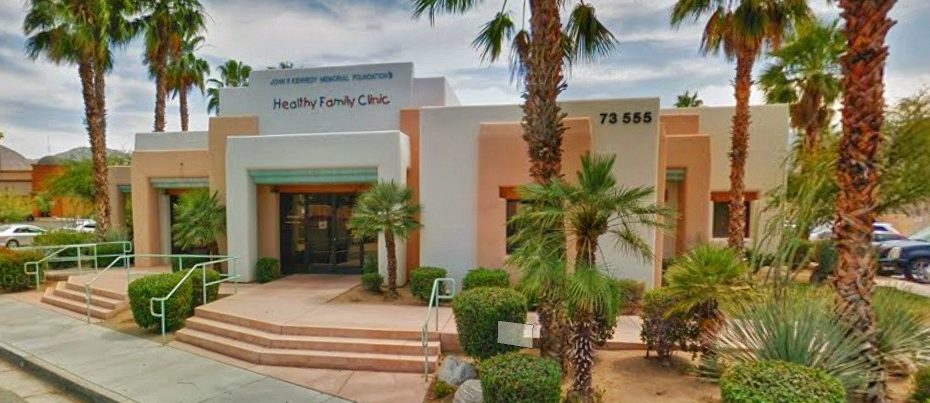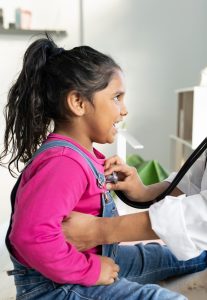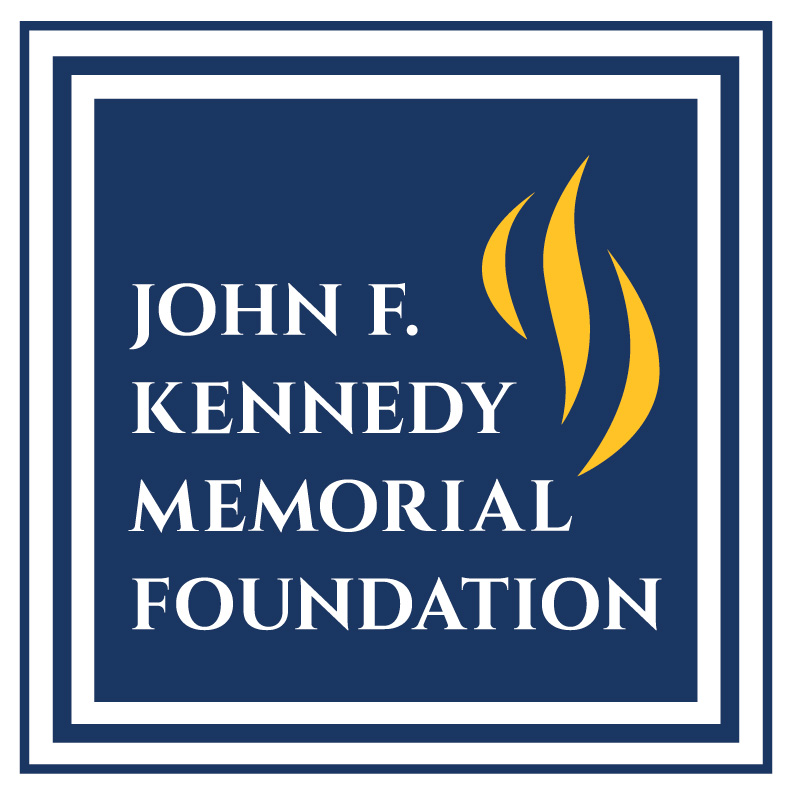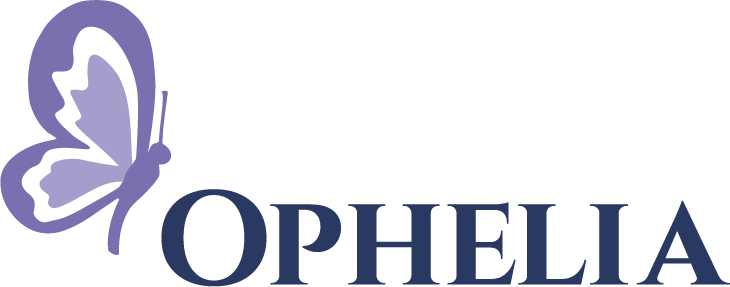
Survey Highlights Coachella Valley Children’s Needs and Critical Roll of Healthy Families Clinic
More Coachella Valley residents had health care insurance in 2022 compared to the past 15 years, but many also struggled to put food on the table and have access to health care, according to the latest Coachella Valley Community Health Survey.
Every three years, Health Assessment and Research for Communities (HARC), a nonprofit research and evaluation firm located in Palm Desert, conducts a random health survey of households in the Coachella Valley. The survey covers topics such as health care coverage and utilization, health behaviors, major disease, mental health and more. The survey is conducted in English and Spanish, and it covers both adults and children.
A comprehensive look at the local health landscape following the COVID-19 pandemic.
Children’s Survey Results
There are more than 89,800 children (ages 0 to 17) in the Coachella Valley, according to the survey. Nearly one-third of local children live below the poverty line, and 60% live in households with an annual income of less than $50,000.
Adverse childhood experiences (ACEs) are potentially traumatic events that can include abuse (emotional, physical, or sexual), neglect (emotional or physical), violence (witnessing an act or being a victim of violence) and instability (substance abuse or mental illness in the household, parental separation or divorce or incarcerated household member).

In the Coachella Valley, 29% of children have experienced at least one of these, with 18.7% answering there is someone in the household who is depressed, mentally ill or attempted suicide during the child’s lifetime.
LeComte-Hinely said research has shown that ACEs are correlated with events later in life, and if they are experiencing many of these traumatic events, they are more likely to be incarcerated, have lower incomes and shorter lifespans.
Access to healthcare and early interventions can help change call that.
The vast majority of children in the Coachella Valley have health care coverage (89.8% or an estimated 78,079 children). However, 10.2% (or an estimated 8,879 children) do not have coverage, significantly more than California’s rate of 1.6% and Riverside County’s rate of 5%.
Additionally, 79% of local children have had a routine check-up in the past year, and 84% have visited a dentist at least once. The vast majority of responses indicated that the child had not had a check-up in the past year because parents/guardians felt there was no need and the child was healthy. Usual sources of care are doctor’s offices (43%), urgent care centers (24%) and clinics (25%).
More than half (55%) of children ages 2 and older have a BMI-for-age percentile that puts them in the overweight or obese categories, up significantly from 2019’s 46.1%. Of the estimated 37,561 children who are overweight or obese, 78.4% of their parents/guardians believe that their child is “about the right weight” instead of overweight.
Within mental health, 25% of children ages 3 and older have difficulties with emotions, concentration, behavior and/or getting along with others, almost the same as in 2019. One in four local children have been diagnosed with one or more mental health disorders, with the three most common being ADD/ADHD (15%), anxiety (8%) and developmental delay (8%). The 2019 survey reported that 18.5% of children have one or more mental health disorders.
Like adults, children reportedly faced food insecurity.
Nearly 40% of local youth live in households that had to spend less money on food because they needed to prioritize other basic needs, and 14% had to cut the size of meals or skip meals. That is another significant uptick from the 2019 survey, when rates were 14% and 4.1%, respectively. The percentage of local children who live in households that use CalFresh/WIC benefits to feed their families has gone from 17% in 2019 to 29.5% in 2022.
The 2022 survey also measured conversations children have with parents/guardians about topics such as racism, bullying, gender identity, sexual orientation and more. Since 2019, it appeared that parents “talked about just about everything” with their child, LeComte-Hinely noted, likely due to the pandemic and distance learning keeping children at home.
The five most commonly discussed topics were racism (80.3%), dealing with anger (77.5%), alcohol (77.1%), drugs (76.9%) and bullying (76.4%). Topics such as self-harm (49.5%) and domestic violence (46.7%) are less likely to be discussed, according to the survey.
Healthy Families Clinic
The John F. Kennedy Memorial Foundation Healthy Families Clinic in Indio is a full-service Pediatric Clinic providing comprehensive services for children including an initial evaluation and on-going monitoring of physical, emotional and intellectual development from birth through age five. General pediatric care for children of all ages includes: home visits to parents of children birth to five years old, child assessments, parenting education, Reach Out and Read language and literacy program and assistance in applying for public health benefits.
Free and Voluntary Programs
The Healthy Families Clinic, in conjunction with our outreach and education programs, is a free and voluntary program that helps first and second-time parents to manage the demands of caring for a child during the first three years of life. The Clinic provides support and resources to families with young children, especially those who are considered at-risk.
Family-support workers visit the home to encourage new parents by building on their strengths, emphasizing the joys of parenting and easing concerns with education and hands-on assistance. The objective is to strengthen families by providing them with the resources they need to raise healthy and successful children.
Home Visitation will be providing support based on individual circumstances to create a healthy home environment for the whole family and reinforce parent-child bonding. Parents strengthen their likelihood of success as a family by utilizing the services provided by the program.
Participation is voluntary. Anyone can make a referral to our programs. Clinic hours are: Mon-Fri 8am-5pm. For more information call (760) 776-1600.

